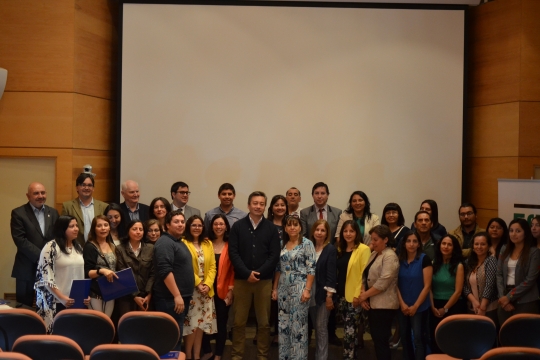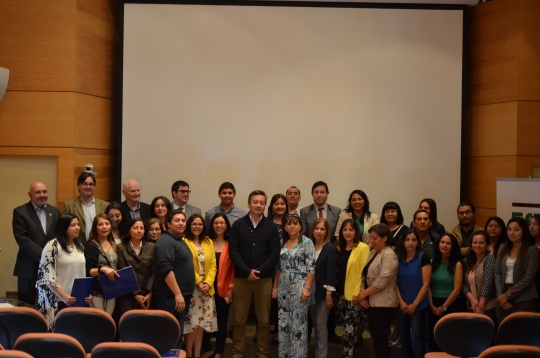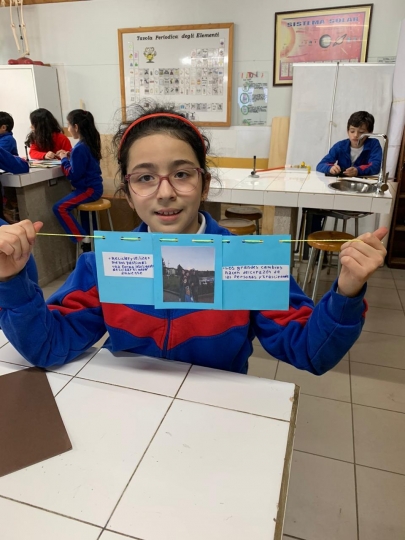The project focused on evaluating the direct and indirect effects of an educational program on students’ and parents’ knowledge, attitudes, and practices (KAP) regarding consumption and disposal of plastics. The program took the form of an environmental education module, targeting 15 primary schools participating in the sustainable school program that is led by the Ministry of Environment of the Government of Chile, as part of their subjects.
The intervention is an adaptation of the content and curricula embedded in the National Oceanic and Atmospheric Administration (NOOA) marine debris program and consists of three modules. The contents are reinforced with messages, activities, and homework appealing to personal norms, being the latter designed to invoke parents’ attention indirectly. The project lasted six months and required strong coordination with the school principals, teachers, and most importantly the kids.
At the end of the research project, a closing ceremony was carried out presenting the main results of the project to school principals and teachers who participated in the program. In this event, we also give certificates for participation, which may be used to increase the level of environmental certification of schools in the framework of the sustainable school program promoted by the Chilean government. Among the authorities, we had the presence of the regional representative of the Ministry of Environment in the Bio-Bio Region in Chile, the Vice-rectory of Research and Innovation of the University of Concepción and the Deans of the Faculty of Economics and Business of the University of Bio-Bio and University of Concepción.


